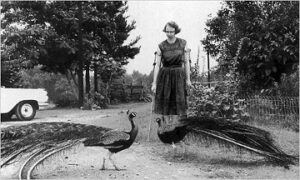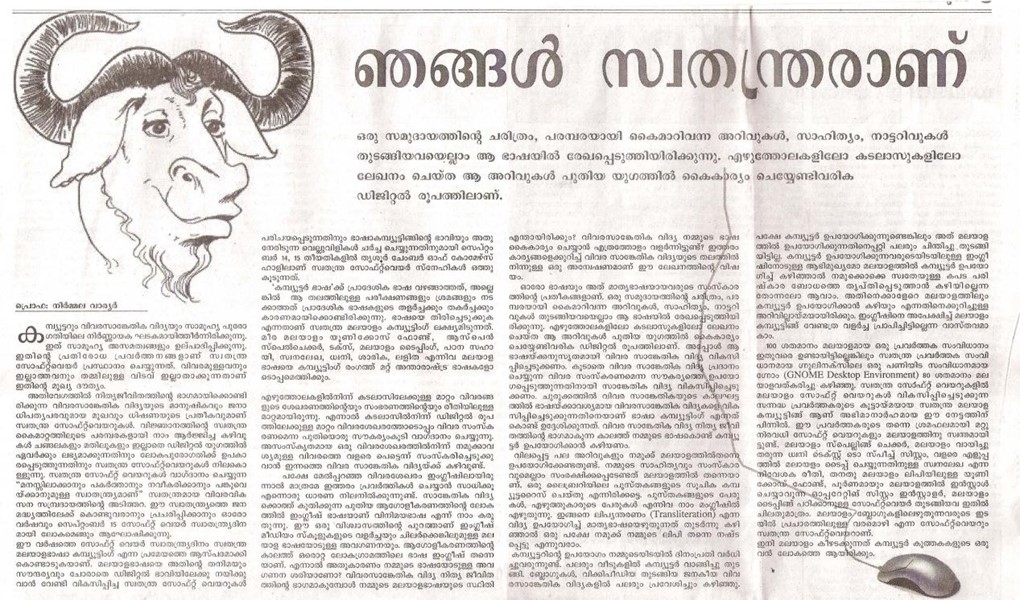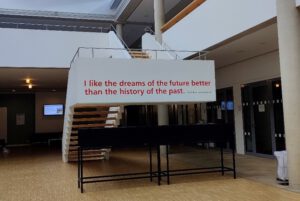Two things you should know about me that at first glance might have nothing in common: First, I love to watch movies and series – to dive into other worlds, to escape from reality, and just to have a good time. For me, there’s nothing better than going to the movies or lying on the couch on a rainy Sunday, watching a good movie, or binging a series. I even play a pivotal role in their creation as I work as an actor myself. Second, I consciously try to live sustainably because what we consume or do has a direct impact on the world’s ecosystems. I don’t eat meat, I don’t drive a car; instead, I use my bike or public transport. And I pay attention to labels to support companies dedicated to sustainable production and fair wages for laborers.

Two years ago, when I first read about the environmental impact of filmmaking in The Guardian, I was shocked. I hadn’t realized that my love for movies and for my job could seriously conflict with my dedication to the environment. Because the truth is: Blockbuster films with budgets of over $70 million produce an average of 2,840 tons of CO2 per production. That is equivalent to 11 one-way trips from the earth to the moon!










